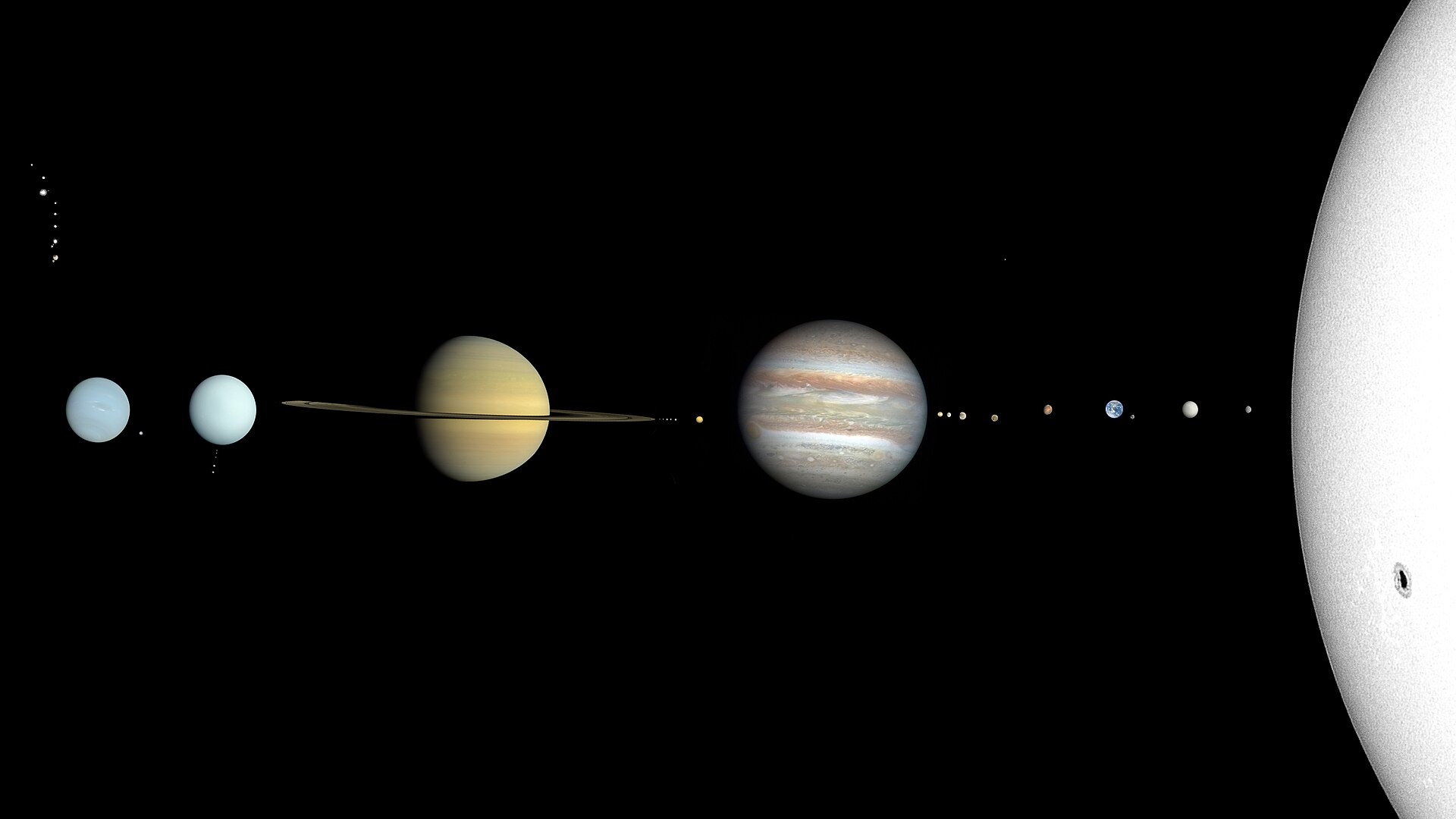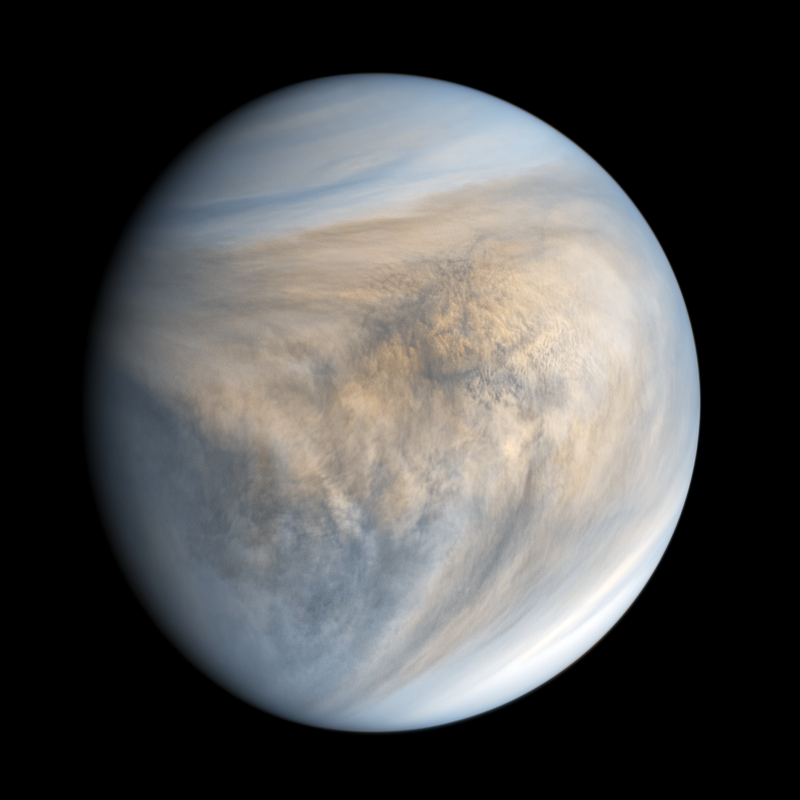The Ultimate Guide to Understanding Every Type of Star in Our Universe
From the tiny red dwarfs to the mysterious black holes, this space guide explores every type of star in the universe in simple, engaging language. Learn how stars are born, live, and die, and discover what makes each type unique.



